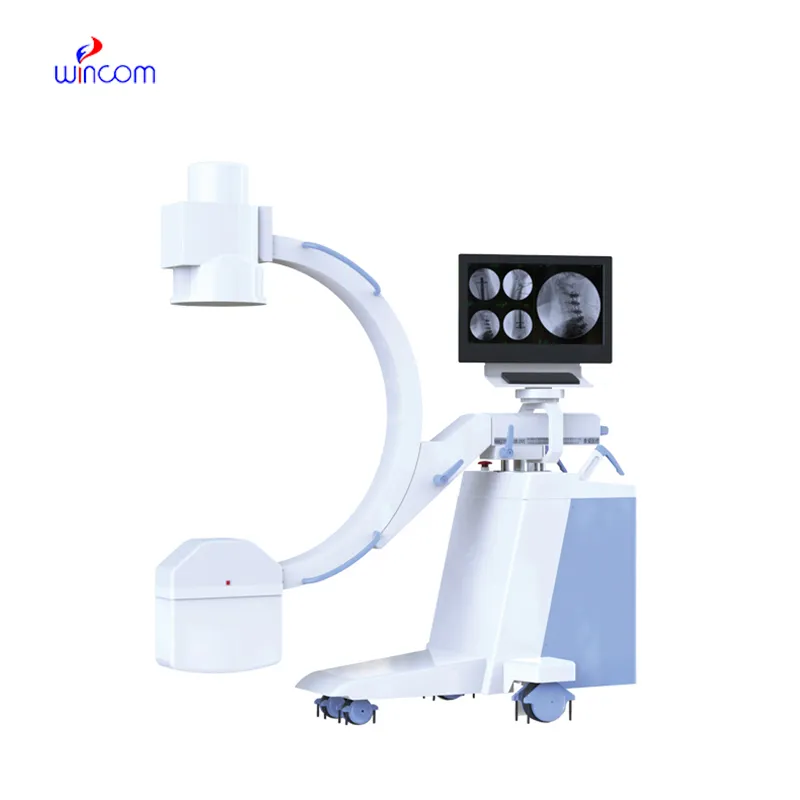
With intelligent motion correction and image enhancement software, the closed mri machine minimizes patient movement artifacts. The accuracy features of the system come together to provide distortion-free, high-resolution images. Patient safety and efficient operation improve diagnostic confidence in the closed mri machine.

In musculoskeletal medicine, the closed mri machine is employed to diagnose ligament ruptures, cartilage lesions, and bone marrow disease. It provides high-contrast images enabling clinicians to pre-plan treatment of degenerative disease and sport injury. The closed mri machine provides accurate visualization of muscles, tendons, and joint structures without invasive procedures.

The future of the closed mri machine will be characterized by increased scanning speed and higher image quality through reconstruction facilitated by artificial intelligence. New algorithms will minimize noise levels while maximizing contrast and diagnostic efficacy. Cloud-based image processing will also be a feature of the closed mri machine, facilitating real-time collaborative efforts and elevated telemedicine integration into global networks.

Maintaining the closed mri machine involves both technical and environmental care. The system’s computer and data storage units should be updated and backed up regularly. Cooling fans, cryogen tanks, and power supplies must be checked frequently to ensure the closed mri machine remains stable during extended operation.
The closed mri machine is excellent at imaging soft tissue and has been a valuable asset in orthopedics, neurology, and oncology. Its magnets are able to create signals that are then reconstructed into precise anatomical images. The closed mri machine determines structural and functional disorders with unprecedented detail.
Q: What should patients avoid before an MRI scan? A: Patients should avoid wearing metal objects, such as jewelry, watches, or hairpins, as these can interfere with the MRI machine's magnetic field. Q: How does MRI help in brain imaging? A: MRI provides detailed views of brain structures, helping detect conditions such as tumors, aneurysms, multiple sclerosis, and stroke-related damage. Q: Can MRI scans be performed on children? A: Yes, MRI is safe for children since it doesn’t use radiation. In some cases, mild sedation may be used to help young patients remain still during scanning. Q: What is functional MRI (fMRI)? A: Functional MRI measures brain activity by detecting changes in blood flow, allowing researchers and doctors to study brain function and neural connectivity. Q: How are MRI images interpreted? A: Radiologists analyze the images produced by the MRI machine to identify abnormalities, tissue differences, or structural changes that are relevant to the diagnosis.
The hospital bed is well-designed and very practical. Patients find it comfortable, and nurses appreciate how simple it is to operate.
The microscope delivers incredibly sharp images and precise focusing. It’s perfect for both professional lab work and educational use.
To protect the privacy of our buyers, only public service email domains like Gmail, Yahoo, and MSN will be displayed. Additionally, only a limited portion of the inquiry content will be shown.
Could you please provide more information about your microscope range? I’d like to know the magnif...
I’m looking to purchase several microscopes for a research lab. Please let me know the price list ...
E-mail: [email protected]
Tel: +86-731-84176622
+86-731-84136655
Address: Rm.1507,Xinsancheng Plaza. No.58, Renmin Road(E),Changsha,Hunan,China